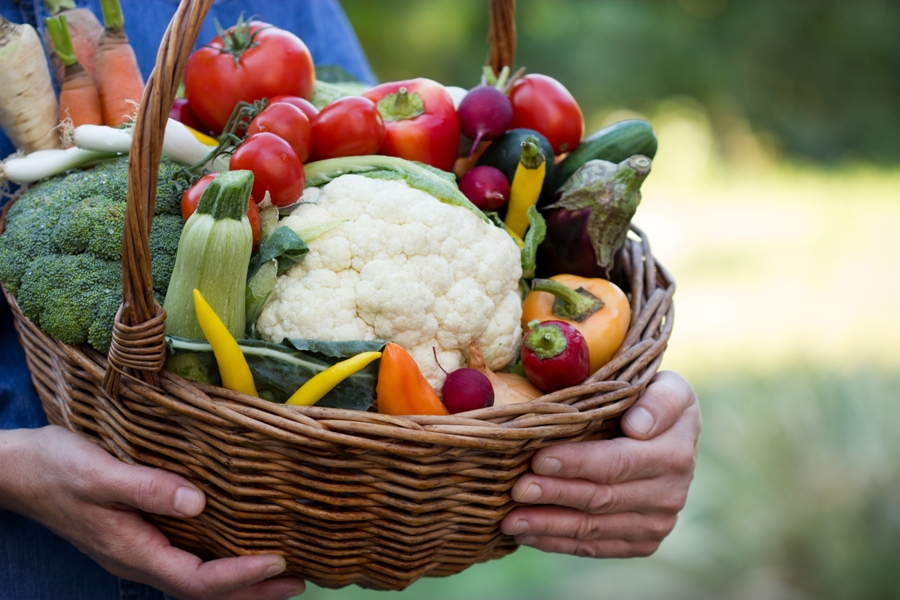Opting for organic foods is an effective choice for personal and planetary health. Learning the facts about organics can help you be a more informed shopper. Food Is Too Expensive but very good for your health. Sometimes it can be hard to get rid of preconceived ideas about healthy eating, but so often we miss too much of them. Not all organic foods (eco) are equal. Here’s what some secrets hide under this generic name.
Organically Means Healthy
Not everything labeled as an organic product and healthy. If we talk about sugar, white flour or products, organic certification does not increase their nutritional value in any way. Whether organic or not, fresh foods can have bacteria on their surface as well-known e-coli. Although organic products do not contain any genetically modified ingredients, they are grown with natural fertilizer and can be contaminated with bacteria at any time by contact with soil.
Fresh Foods are always better than Frozen Foods
Have Fresh peas more vitamins than frozen? Not necessarily. “Fresh” products are transported over long distances and available in supermarket shelves – heat, air and water can degrade products presented as “fresh”.
It is not Good to Eat After 18:00
This superstition is as old as the hills. With the pace of our lives, a meal after 18:00 hours is not only healthy – it’s common sense. Many people today go to bed later than our ancestors, and hunger can affect your health. Doctor’s recommends consuming light meal after 6 PM.
Energy Drink After doing Physical Activity
If you do not do intense exercise, which lasts for more than an hour and which takes place at extremely high temperatures, water can cut your hunger. Energy drinks are just adding calories to your diet.
Brown Bread is Healthier than White Bread
If the bread is brown, it does not have a lot of fiber. The energy contained in brown bread is almost the same as white bread, and you can gain weight in either case. better to follow the diet with whole bread or crisp bread.
Organic is also beneficial to the Environment
How beneficial organic farming is for the environment is a highly debated issue. Organic farming is less productive than conventional, which would require much more ground to produce the same crop. At the same time, organic farms use milder methods with the environment, with a low impact on the soil.

